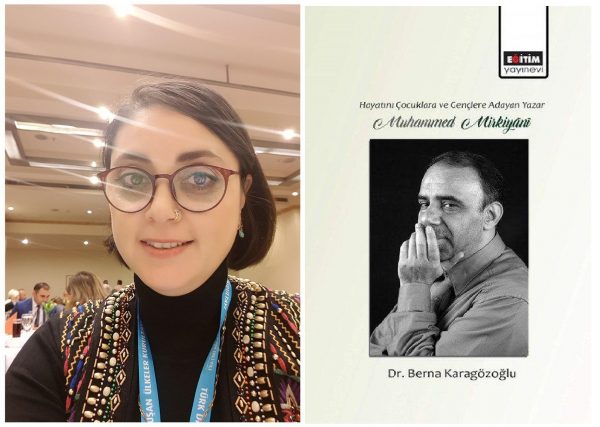An Interview with Dr. Berna Karagözoğlu, children’s literature researcher from Turkey
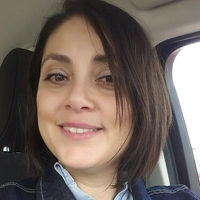
Please tell us about why you decided to work in the field of children’s literature. How did you get acquainted with Mr. Mirkiani and how did doing your research about him that led to the publication of his autobiography happen?
I completed my undergraduate degree in Persian literature in Turkey. As a university student, I had good days. In that time, I received a book from Dr. Mirkiani and I read it. But I became very busy after graduation. I loved Farsi but there was little job opportunity for me in Turkey. So I chose a job which wasn’t related to my field of study. Days passed. And I felt like I wanted to carry out research on Persian literature again. Especially when I noticed this major is taught in other universities around the world, I decided to learn and speak this language better. I really liked to attend a class in Iran where I can learn Persian better and more practical.
God gave me more than I wanted, because I got accepted for a master’s degree at Tehran University.
Studying at the University of Tehran for a master’s degree and then a PHD provided the chance of further research in Persian language and literature. I read a lot of books. I read Dr. Mir Kiani’s book again after ten years. I had a child and I read Kalila and Demna ((hKelile Va Demneto him, and both of us enjoyed it. Little by little, as I was using children’s literature for my child, I began doing research on this field.
Meanwhile, I got acquainted with Mr. Mir Kiani through his beautiful works. He has worked extensively on children’s literature and I think he dedicated his life to this kind of literature. Then, I decided to carry out research on him and his life. I was also in touch with his family. The peace of his family also made my mind calm. He had a good wife and I believe that one of the reasons Dr. Mirkiani is successful is having a good and companion wife.
That was the story of how I became acquainted with children’s literature and Dr. Mir Kiani.
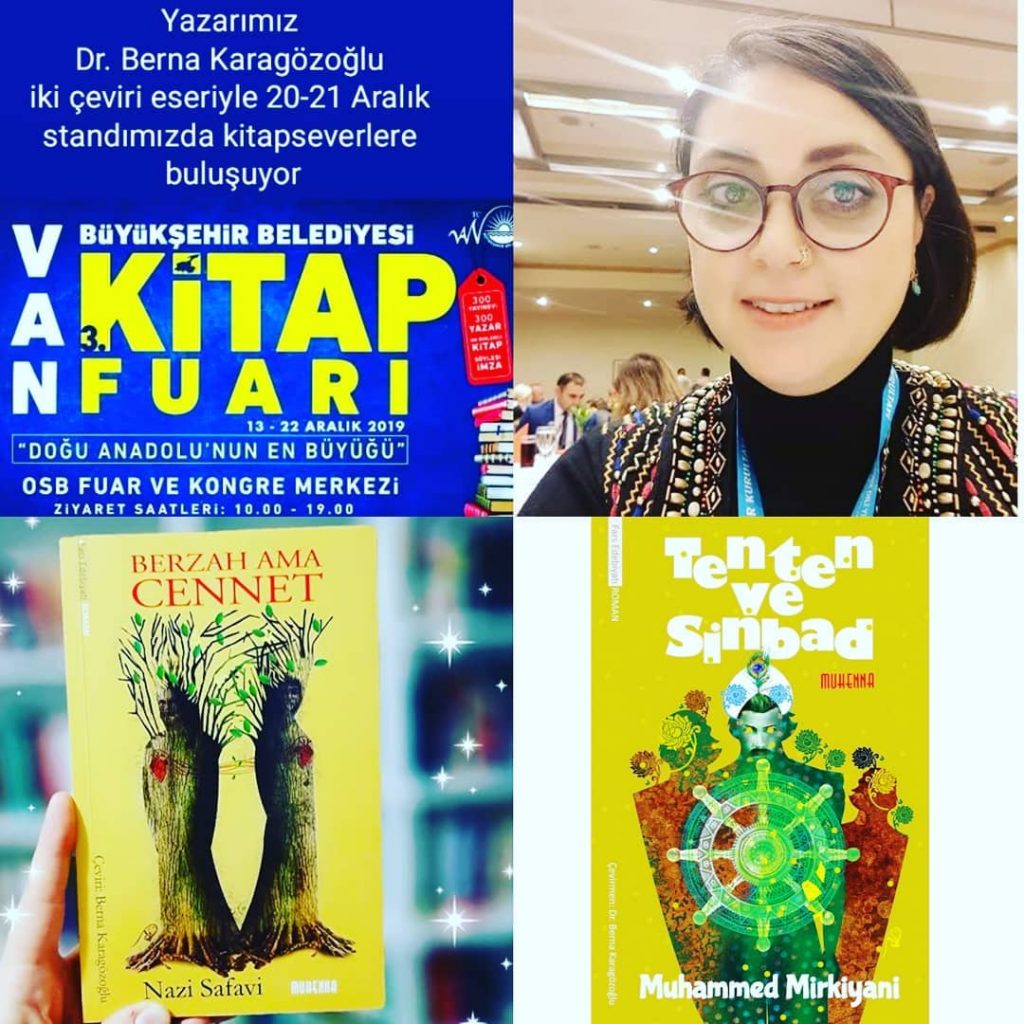
You have another book in the field of Iranian children’s literature. Please, explain about it.
Yes, I do. Its name is “Iranian’s children’s and youth literature authors. In this book, I have collected information about children’s literature writers in Iran.
But since I had done a lot of research on Mr. Mirkiani and I even became like a member of his family, I completely forgot to name him in this book. However, I will do it in future editions. I’ve had some translations too.
What do you think Persian and Turkish literature have in common?
Iran and Turkey are very similar in terms of their culture and literature. For example, many of the Persian idioms are like Turkish ones.
Persian literature books have been translated into other languages, so it is much better for us who have similarities in our culture and literature to translate these works into Turkish.
I’m also going to write an article on the similarities between Persian and Turkish idioms in the future. Mr. Mirkiani’s works like Our Story Became a Proverb and That’s the End of Our Story are enough for this article.
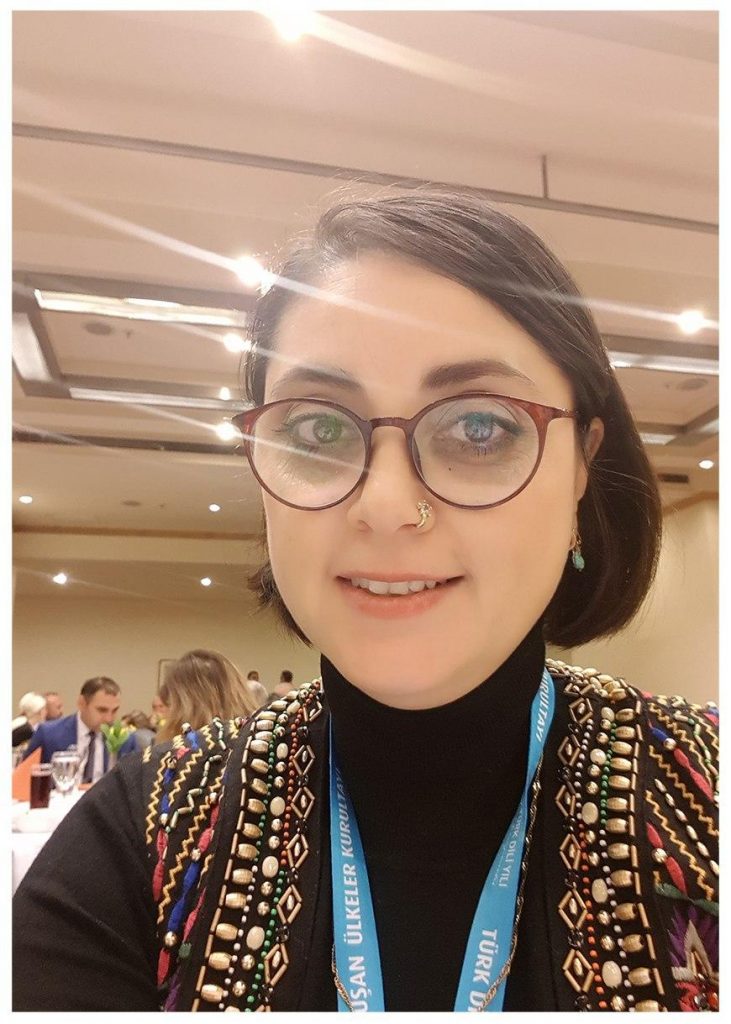
Please give us some examples of other books you have read from Iranian authors.
Mr. Samad Behrangi’s book that I used to read and also read to my son.
Also Mr. Houshang Moradi’s books that have been translated into Turkish. His books are good too, but I feel like they are written for a certain accent.
My son and I got more in touch with Mr. Mirkiani’s books. Because his books are translated into other languages, it is better to translate them into Turkish too since the culture of Turkey and Iran is very similar.
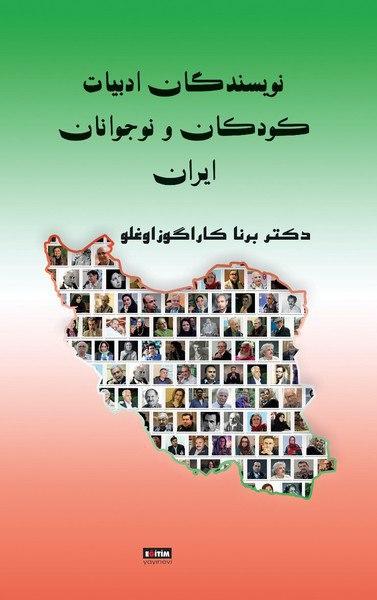
What is the difference between children’s literature works written by Muslim authors and the works of European writers?
The works in the field of children’s literature written by Muslim writers are beautiful, while they dispraise issues such as immorality, lies, deceit and bad traits, and teach a number of good issues like homeland, honesty, and so on.
Generally speaking, the works of Muslim writers focus on the personality and freedom of children and at the same time they addresses a number of training issues and help a child become a good citizen in the future, but in the books of Western writers we have more fantasy. They give children unlimited freedom. There is no end to their freedom.
In my opinion, we should consider the personality and freedom of a child, who is now growing up, but also have a limit for that freedom and consider a number of training issues.
There are some issues and values that have to be observed either because of fear of God or respect for the laws or… and these are what we call “culture”. These issues are not taken into account in the books of Western writers.
I prefer reading Muslim writers’ books to Western writers’.
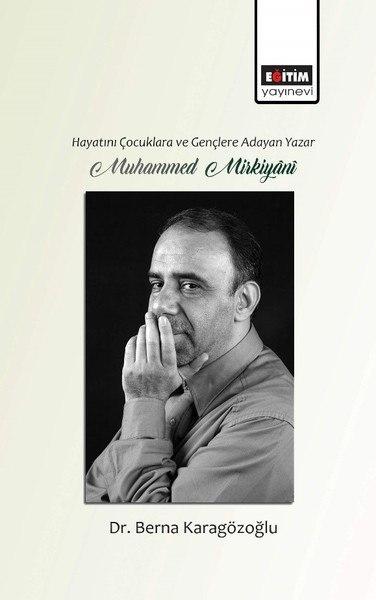
Were you only interested in the literary features of Mr. Mirkiani’s books or did you consider his individual features as well?
I really loved his books and all their features. When I decided to get acquainted with the author of the books and do some research on him, I came to this conclusion that he also has good personality traits including calmness; I mean not only him, but also his family who have influenced his writings.
He has become a member of our family. We always talk about him, his wife, and his daughter in our family. Just as they accepted me as a member of their family and I was able to finish my book.
I also liked their words.
Dr. Mirkiani said that children’s minds are growing, and that their minds should be filled with better words and concepts. We need to raise their minds with words.
He showed me some examples of his works that were animated and I think he was pleased with his works.
It was a pleasure to meet you and thank you for your time.
I was also very happy. Everything I’ve done so far and I will do in the future has been and will be because of intimacy. Because being intimate, in my opinion, is very important at work. I hope I can meet you and your colleagues who work for children again.

